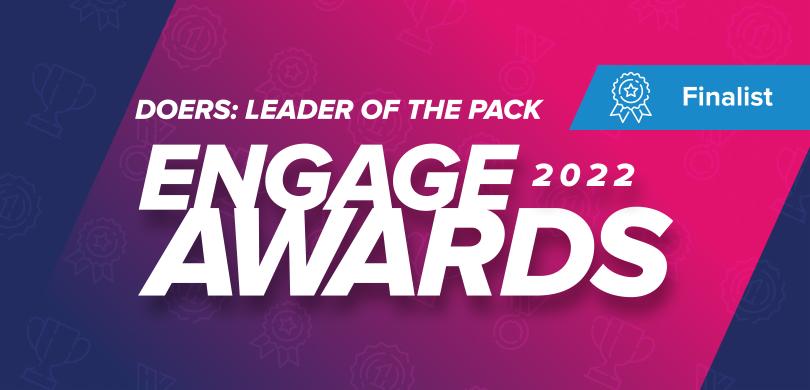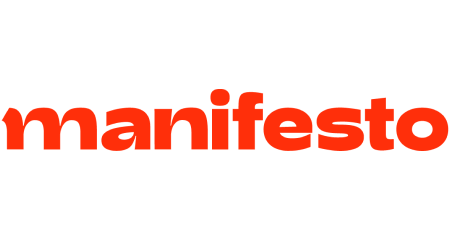
University of Dundee
Acquia Cloud Platform, Drupal, Acquia Personalization, Acquia Search

increase in "Open Days" bookings
to complete project
The Client
The University of Dundee, in Scotland, is one of the UK's leading universities, internationally recognized for its expertise across a range of disciplines including science, medicine, engineering, and art. Dundee was rated first in Scotland for graduate prospects (Complete University Guide 2022) and is one of the top 200 universities in the world for graduate employment (QS World University Rankings 2022).
The Situation
With a core strategic aim to increase international recruitment, partnerships, and income, the University needed to provide accurate, unambiguous information related to academic and English language entry requirements. Requirements for UK-based students were well understood and structured, but for prospective international students, finding equivalencies for their country’s high school awards was often complex and contradictory.
The University wanted to provide entry requirements to students directly on its course pages. It aimed to provide a simple mechanism that allowed a visitor to choose their country and the qualification they are studying and give the prospective student simple, clear information about required grades and what would be accepted at different entry levels.
The Challenge
The University’s previous CMS was very hierarchical, with lots of unstructured content making it difficult to find things. And it didn’t offer personalization, which would give the University a competitive advantage. Additionally, updating the site was time-consuming and complex, leading to multiple sources of truth throughout the organization.
The Solution
The University partnered with digital experience agency manifesto, and the teams evaluated more than 15 potential solutions. Ultimately, Drupal and Acquia’s solutions met all the requirements that the team was looking for, allowing built-in search, structured content and the added ability for personalization.
Working together, the University and manifesto gathered a multidisciplinary team from across the business. Designers, developers, content specialists, and UX specialists joined forces with subject matter experts in admissions and student recruitment to define new procedures for banding entry requirements, seeing those changes through committee stages and into implementation.
The team started by analyzing existing UK, Irish, and International Baccalaureate entry requirements, highlighting obvious areas where similar requirements were requested and allowing the move to a banded system — a crucial step in making information easy to update. Once the bands were in place, the team extrapolated them across other countries’ grading systems.
Data analysts then worked with developers to consider how they could structure the data in a way that could be pulled into the website and used. This work resulted in over 68,000 cells of data being manipulated into a JSON feed that could be consumed and queried dynamically on the website. And designers and UX specialists collaborated to determine how best to display information to applicants and engaged with existing international students to test the proposed solution before implementation.
After testing, the team engaged subject matter experts from student recruitment and admissions to thoroughly check and verify the data that was being provided. And once the majority of content was migrated from their previous CMS onto Drupal, the teams began implementing Acquia Personalization.
The Results
Although there was no defined project budget and the organization had to use existing resources alongside business-as-usual work requirements, the undergraduate entry requirements project took just six months to complete. The University has greatly enhanced the information available to prospective students, ensuring they have the right information at the right time. Applicants can now choose from 99 requirements from 85 countries directly on the course page rather than having to convert from UK requirements.
Personalization campaigns based on applicant journey stage and geotargeting have delivered impressive results. The “Open Days” campaign has been most successful, increasing bookings by 220% over the previous year. The addition of personalized “Open Days” calls-to-action on course and subject pages have driven 86% of all conversions.
Additionally, the University was able to personalize content for prospective students from Ukraine and surrounding refugee nations, providing relevant information on scholarship places and subsidized packages. The campaign was so successful that all scholarship spaces were filled within weeks, far ahead of schedule.
